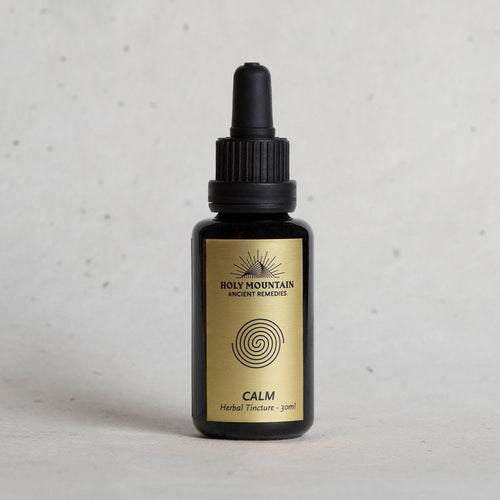It’s one thing to have a vision, talent or brilliant business idea in mind, but none of that means anything without having a plan of attack and daily self-discipline to take the steps to achieve it. Procrastination, distraction and time wasted is a huge problem we’re faced with when trying to achieve our goals these days.
The never-ending scrolling, the quick dopamine hits, we’re forgetting how to focus and set our mind onto our goals and vision. Not to mention the post Covid phenomenon of "languishing" that many of us are feeling.

It doesn’t help to beat ourselves up or compare our “lack” of self-discipline to others. Let go of viewing it as a character trait and focus on developing self-discipline as a tool to achieve the life you want to live while also helping to improve self-esteem and confidence.
What it means to be disciplined looks different for everyone, from athletes to CEOs. We’ve created a brief guide about self-discipline to help you achieve it.
Know your weak spots
Journal out an inventory of things that get in the way of your discipline. Social media, too many late nights out drinking, not creating a daily routine, unhealthy connections (we become the top 5 people we surround ourselves with). Awareness of what’s getting in our way is the first step in making the change.
Write out and visualise your goals
What is self-discipline without a goal to work towards? The clearer you are on what exactly you want to achieve, the easier it will be for you to remember why you’re showing up to do the work and you will continue to build your self-discipline muscle over time through consistent daily practice. Take some time to write down your goals in clear detail, making sure that they are specific, measurable, attainable, realistic, and time-bound. Spend each morning meditating on, revisiting and visualising these goals. Set an amount of time aside each day or week with no distractions to work on your goals.

Practice prioritizing and self-management
Making a to-do list or an action plan will help you stay organised, and you’ll feel accomplished with every task you cross out. Put the less exciting or the most demanding responsibilities at the top and do those first. Then your best energy goes to your priorities; you won’t need to sweat the small stuff. An app like Notion is great for planning and organising your day, week, month and year.
Connect with a mentor, coach or accountability partner
We all need that extra push every now and then but especially when it comes to achieving our goals. Family, friends, colleagues, mentors, and coaches can help keep you on track and be there to support you when things get busy or hard. They can give you feedback and make you aware of your habits. Research shows that when someone publicly shares their goals, they have around a 65% chance of success. However, having a specific accountability partner boosts that chance to 95%.
Avoid distractions
This circles back to knowing your weak spots. Examples may look like deleting social media apps during certain days or time frames, removing all technology devices from your bedroom from 8pm every night, placing a book next to your bed instead of your phone, working from a co-working space so you’re less likely to get distracted at home, stocking your fridge and pantry with fresh healthy wholefoods instead of processed junk.

Start small
When changing your daily habits it can feel overwhelming so be kind and gentle with yourself and start small. 5 minutes of meditation is better than none, going for a 30 minute walk is better than no exercise at all, reading 10 pages of a book is better than not reading at all.
Reward yourself for a job well done
Keep track of your results and celebrate your wins. If you’ve been able to implement a successful habit every day for 30 days, such as eating more vegetables, going to bed by a certain time, working on your new website or meditating every morning, give yourself a reward to celebrate. When you set goals and celebrate your achievements, you will be more likely to set even bigger goals in the future.











